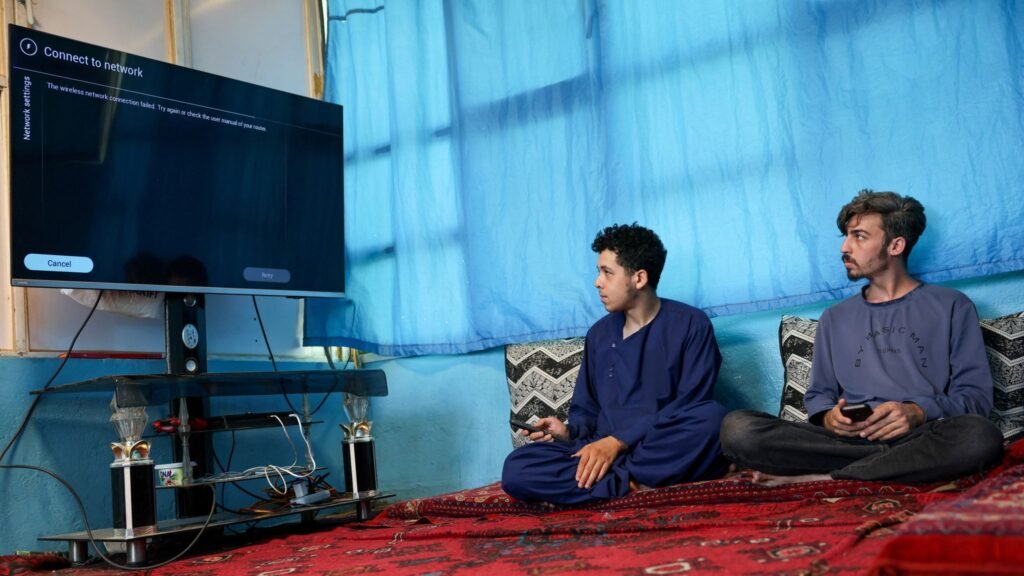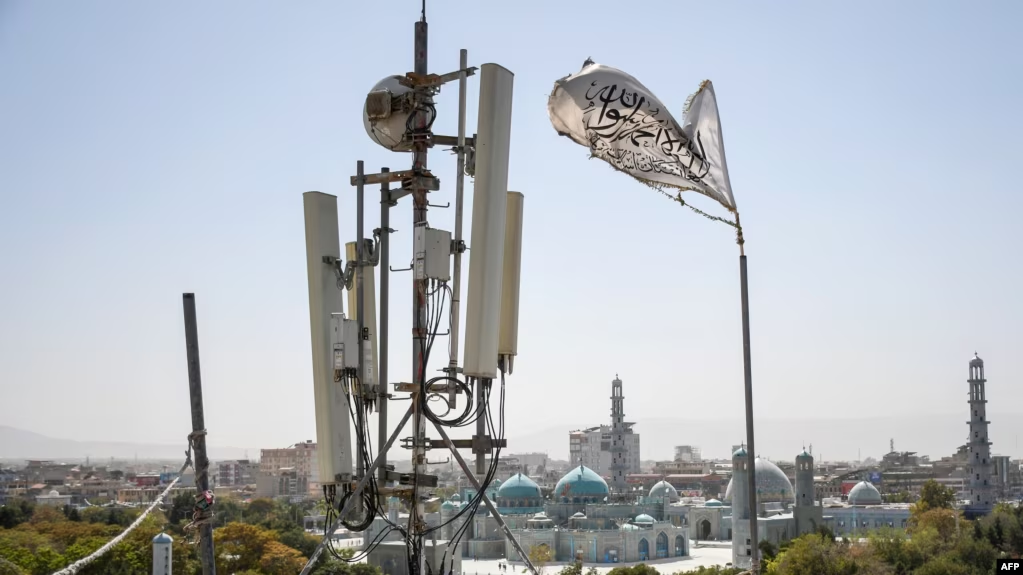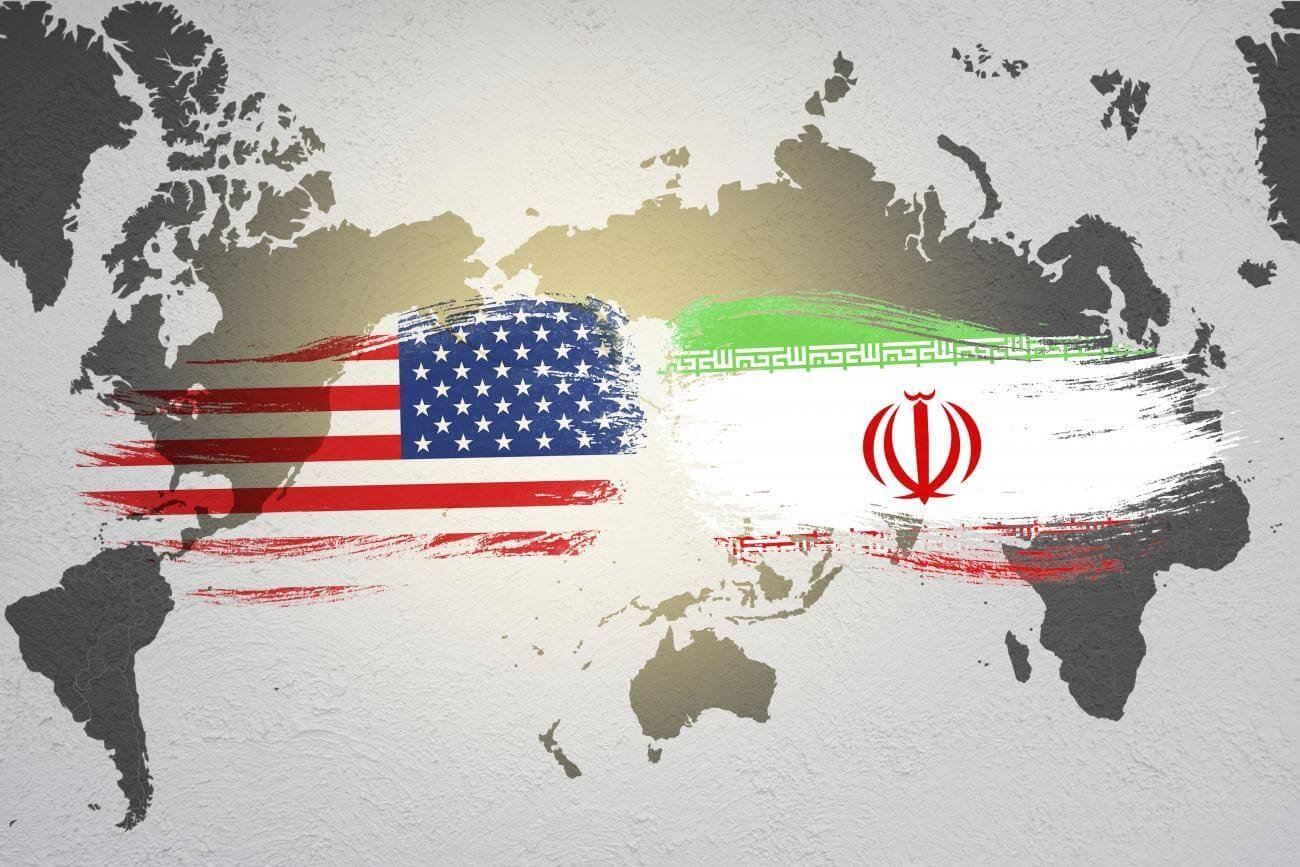The Taliban government’s decision to impose a nationwide internet shutdown in Afghanistan has brought the country to an unprecedented standstill, cutting off millions from communication, essential services, and access to the outside world. The move, which began with gradual fibre-optic disconnections across several provinces and extended to Kabul in late September 2025, now represents a near-total blackout of digital connectivity. The Taliban has not provided an official explanation, only stating that the shutdown will continue “until further notice.”
Collapse of Connectivity and Essential Services
The disruption has had profound consequences across Afghan society. Banking systems and electronic payments have been severely impaired, with residents reporting long queues at banks and limited cash availability. In some provinces, banks have closed entirely. E-commerce and money exchange networks, already fragile, have effectively ceased to function.
The aviation sector has also been directly impacted: Kabul International Airport was reported “nearly deserted,” with flight tracking services showing widespread cancellations or “unknown” statuses. International airlines and passengers alike have faced major uncertainties, with flights grounded for days.
Mobile internet and satellite TV services have been disrupted nationwide, leaving Afghan media outlets unable to broadcast normally. Journalists report that they can no longer contact interviewees by phone and must send crews door-to-door, underscoring how the blackout undermines the country’s already fragile press environment.
Humanitarian and Social Impacts
For Afghan citizens, the shutdown has meant sudden isolation. Small businesses dependent on mobile phones and online transactions have been paralyzed. A Kabul shopkeeper told AFP that residents feel “blind without phones and internet,” with markets frozen and daily life brought to a halt.
Women and girls, already subject to sweeping restrictions on education and public life, are disproportionately affected. Many had turned to online platforms as their last remaining avenue for study, skill-building, and social engagement. Online classes—from English language courses to university alternatives—have now been suspended indefinitely. A young woman described the loss starkly: “When I heard that the internet had been cut, the world felt dark to me.”
The shutdown coincides with broader Taliban measures eroding women’s rights, such as the removal of books authored by women from universities, bans on human rights curricula, and the closure of midwifery courses in late 2024. By cutting access to digital learning, the Taliban has effectively extinguished what many women considered their “last hope” for education and participation in public life.

International Concerns
The United Nations mission in Afghanistan has called on the Taliban to restore internet and telecommunications access immediately, warning that the blackout risks “inflicting significant harm on the Afghan people, including by threatening economic stability and exacerbating one of the world’s worst humanitarian crises.” International news agencies have likewise lost contact with their Kabul offices, raising concerns that the country is increasingly sealed off from external scrutiny.
Civil society monitors such as NetBlocks have described the measure as a “total internet blackout,” noting that telephone services were also being degraded in step with the fibre-optic cuts. Taliban officials have previously justified restrictions as a way to curb “evils,” suggesting the move may be linked to the group’s broader efforts to control information flows and impose ideological conformity.
Strategic Implications
The blackout has strategic significance beyond its immediate humanitarian toll. By deliberately severing internet access, the Taliban is consolidating its control over communication and isolating Afghanistan from the international community. This risks worsening the economic collapse, accelerating capital flight, and undermining humanitarian relief operations that rely on digital coordination.
From a European perspective, the crisis further destabilizes an already fragile region, complicates humanitarian engagement, and raises questions about how external actors can maintain contact with Afghan partners under conditions of digital repression. Moreover, the gendered impact of the shutdown directly undermines international commitments to support Afghan women and girls, making it a critical human rights concern.
Conclusion
Afghanistan’s internet blackout illustrates how digital infrastructure has become a frontline in authoritarian governance and repression. For Afghan women, it represents the loss of their last avenue of education and self-expression. For the international community, it signals both a humanitarian emergency and a strategic dilemma: how to sustain engagement with a population cut off from the world.
Unless reversed swiftly, the Taliban’s shutdown will deepen Afghanistan’s isolation, entrench repression, and imperil the basic rights of millions—transforming a technological restriction into a new form of systemic control.
Policy Recommendations
To mitigate the consequences of Afghanistan’s internet shutdown and uphold the rights of Afghan citizens—particularly women and girls—the European Union and its partners should consider the following measures:
- Diplomatic Pressure and Advocacy
- Engage directly with Taliban authorities through multilateral forums and humanitarian channels to press for the immediate restoration of nationwide internet and telecommunications access.
- Elevate the issue in international human rights mechanisms, framing internet shutdowns as violations of fundamental freedoms and economic rights.
- Support for Digital Rights and Circumvention Tools
- Provide technical and financial support for secure communication tools, VPNs, and satellite-based connectivity to enable Afghan civil society actors to maintain contact with the outside world.
- Partner with private-sector actors to explore alternative, resilient communication networks not reliant on Taliban-controlled infrastructure.
- Protection of Afghan Journalists and Civil Society
- Expand funding for Afghan independent media operating in exile, ensuring they can continue reporting into the country despite the blackout.
- Establish safe channels for Afghan journalists and researchers to share information, particularly regarding human rights violations.
- Gender-Sensitive Humanitarian Response
- Prioritize women’s access to education and livelihood opportunities through digital platforms, with contingency plans for connectivity disruptions.
- Expand scholarship and training programs for Afghan women abroad, ensuring continuity of learning when domestic options are cut off.
- Regional and International Coordination
- Work with neighboring countries to develop regional frameworks addressing cross-border communication, banking, and humanitarian relief during internet shutdowns.
- Ensure that international aid mechanisms account for the risks of digital repression and embed safeguards for continuity of operations.






